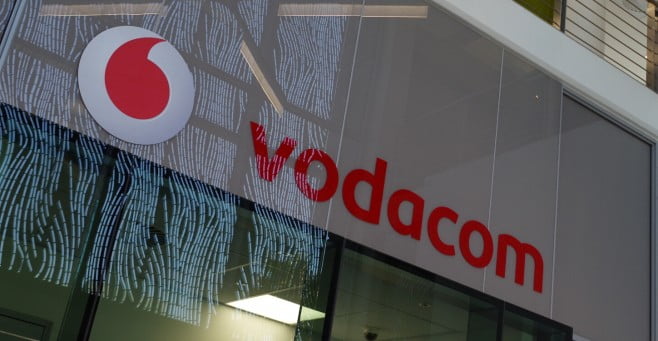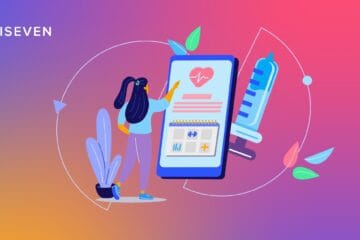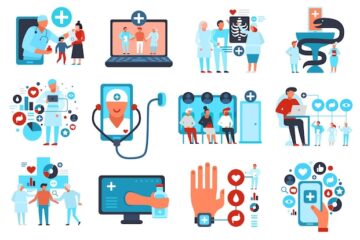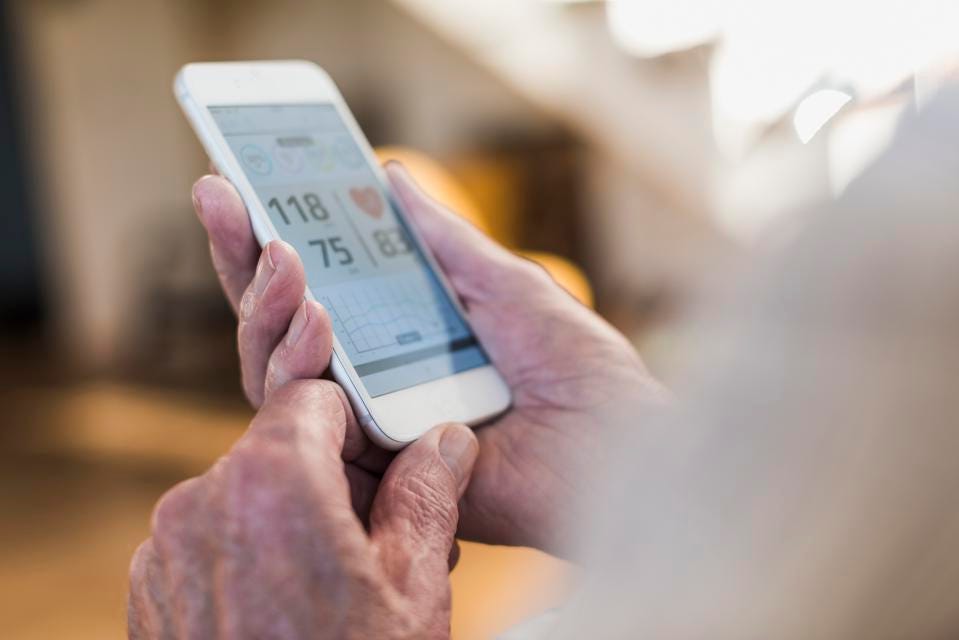
Imagine the scenario: you go into a clinic to collect your medication, only to be told by the person behind the counter, that although the system says otherwise, the clinic seems to be out of your medicine.
The Department of Health (NDoH) and Vodacom have partnered up to make this experience a thing of the past. The two have deployed a custom-built mobile app to monitor drug stock levels in 3126 clinics across South Africa.
The purpose of the app is to make sure that stock levels are always sufficient to serve customers, and to make sure that drugs don’t run out without being ordered again.
The app is called Stock Visibility Solution (SVS) and has been developed by Vodacom.
“The Department of Health is using the latest technology to improve health care service delivery and patient outcomes in South Africa. The Stock Visibility Solution enables us to increase access to medicine by allowing the Department of Health to track critical supply chains at any given time,” said Health Minister Dr. Aaron Motsoaledi.
“We are able to monitor real-time visibility of stock levels in clinics to ensure that South Africans always have access to the healthcare they need, particularly for those patients who rely on chronic medication.”
The app has been in development since 2013 to improve the drug supply chain, but before it was deployed the NDoH worked with a manual process to manage the stock levels in clinics.
The department explained that before the app was rolled out, there were shortages of critical medicine in clinics as a result of the inability to visibly monitor myriad stock levels across the country.
“This was also complicated by delays in stock order deliveries to pharmaceutical depots and inadequate notice periods pertaining to low stock levels. The mobile technology provides a solution to these challenges,” the Department said.
Vodacom Business Chief Executive Mr Vuyani Jarana said that the company rose to the challenge posed by NDoH.
“Vodacom responded with an innovative mobile application that is being used to further social good in our country by delivering quality healthcare to all South Africans,” Jarana said. “This is an example of public-private collaboration at its best and we will continue to invest in technology and partner with key stakeholders to make a difference in healthcare delivery.”
[Source:- Htxl Affrica]




